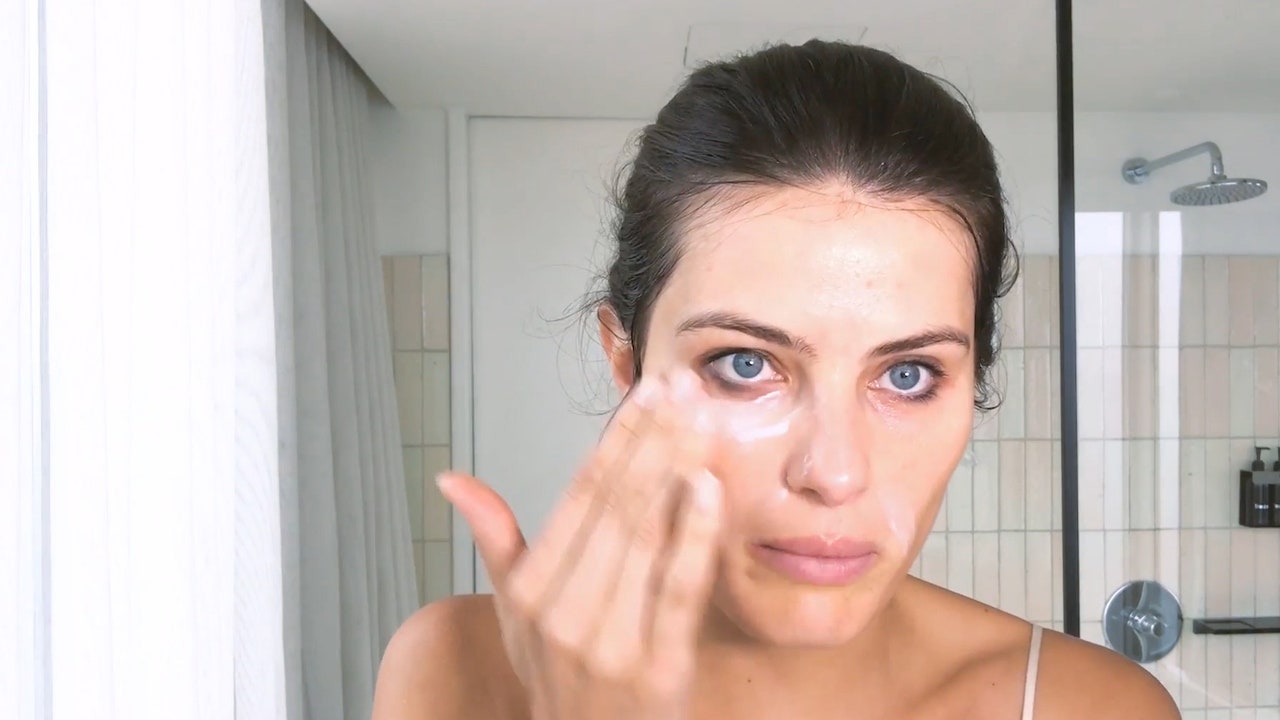
Television shows start as scripts. These scripts include carefully crafted dialogue and production guidelines. Reviewers are responsible for evaluating the quality of the plot and characters, as well as pointing out flaws. It will also be discussed how dialogue can create a particular mood or tone. Writers develop their stories through the ways characters behave, and the way in which dialogue creates an atmosphere. Talk is an essential part of any television show.
Become a tv critic by studying art, history, media and popular culture
Television criticism is an evolving field and has been around for a while. Radio critics and journalists were the first to write about TV. In the 1950s, dedicated television critics emerged. This revolutionized how we see and interact with television. There are many types of TV critics today. A new book examines the evolution and impact of television criticism on culture in Britain.
Write a critical opinion
Your critical opinion about TV shows can be shared as a writer. Writing for TV review sites requires that writers be careful with the topics they discuss. While they may be hesitant to tackle controversial topics, they will appreciate a well-written review that reflects their personality. Critics rarely discuss spoilers. Researching a show is the best way to begin. Then, write a review that is based on this analysis.

Reviewing a television program should be about the story and characters of the show, not just its production. TV shows often start as scripts that include carefully composed dialogue and production directions. It is important that you evaluate the performances of the actors as well as how they contribute to the story. While it can be tempting to place all the emphasis on the central actor of the story, you should also mention supporting characters that contribute to the story's authenticity.
Qualifications
Television critics can come from any educational background, but many earn a four-year degree to become a full-fledged critic. A critic studies media, history, art and popular culture in addition to English language and writing skills. Some are experts in drama and specialize in studying old-school TV programs and their popularity during that era. Other critics assess the effectiveness of a program to reach its intended audience.
Television production must entertain while also serving the public interest. The review must take into account non-entertainment aspects such as the TV Parental Guidance Ratings System(TVPGRS), broadcast standards and guidelines on sensitive topic. These are the reasons TV content reviewers need to be certified in all areas. But what makes a TV writer tick? These are the essential qualifications TV critics need to have.
Career path
If you're passionate about film and television, you may be interested in a career as a TV reviewer. A TV reviewer role requires attention to detail and the ability of writing coherent sentences. In addition, the ability to present on camera and have an excellent memory are all important for a successful career. Videography skills can be used to make segments for small TV stations and internet podcasts.

A TV critic can come from any background. However, many aspiring critics complete four-year degrees, which help them develop their writing skills and appreciation for the medium. An excellent option is a degree that is in English or related fields. People who are interested in drama can study classic television shows. However, with today's technological advancements, the role has also expanded to include online and cable TV.